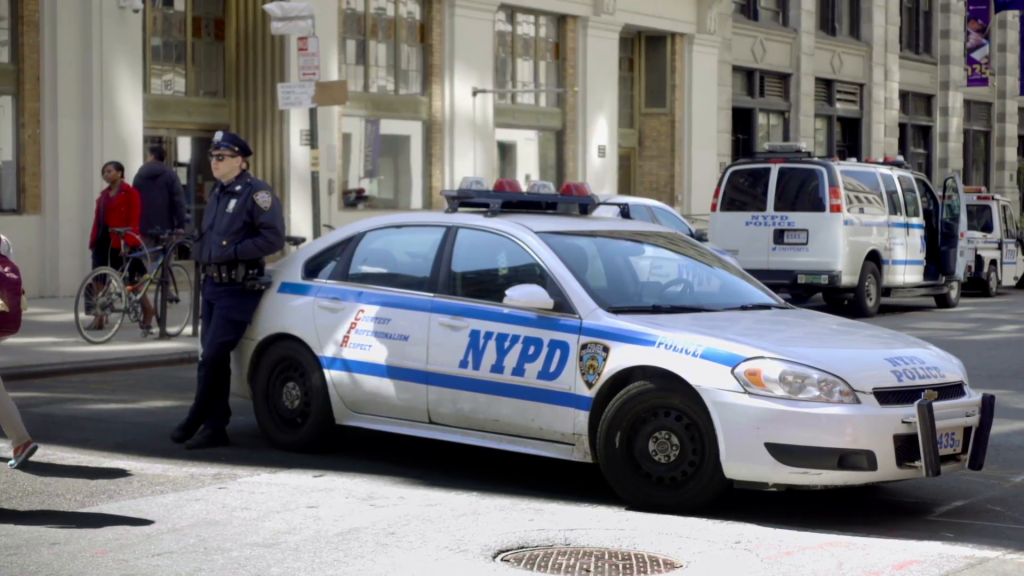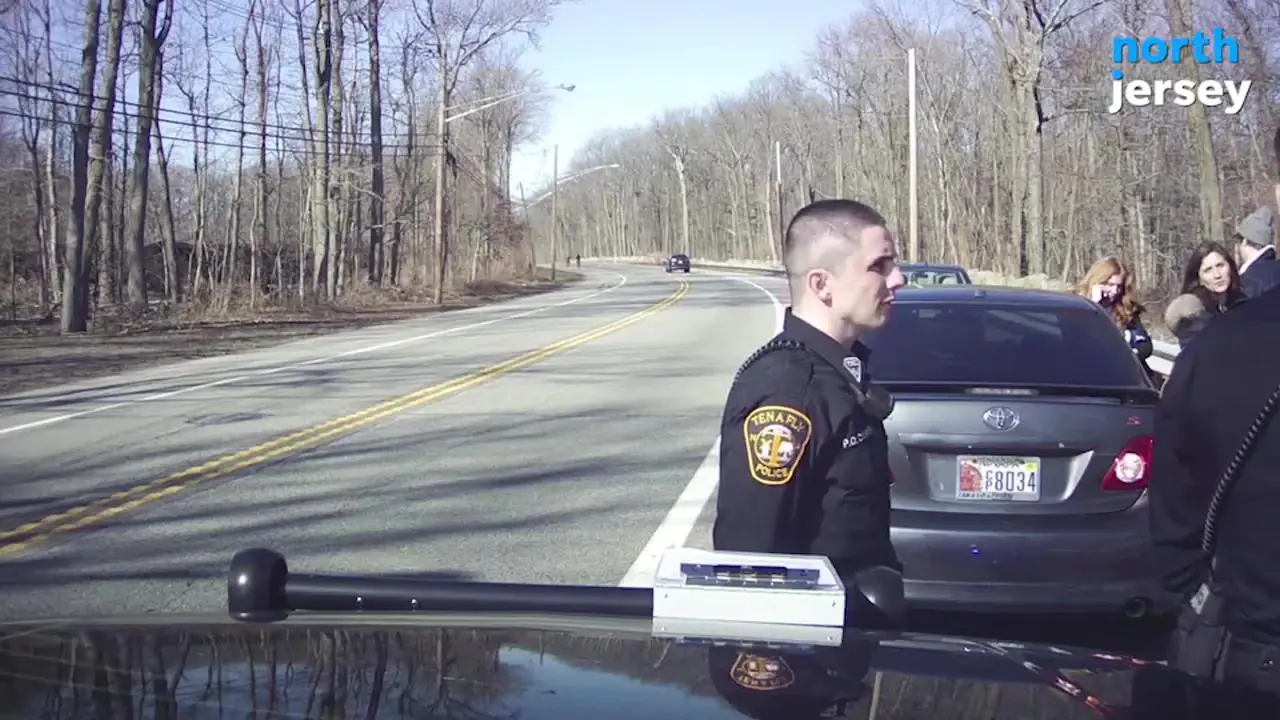According to an IACP study, in the late 1960s Connecticut State Police set a camera on a tripod in the passenger seat and filled the back seat with the recorder and cables. It wasn’t practical at all, but it illustrated the important role that video could play in policing.
Today, many law enforcement agencies, both in the United States and worldwide, have equipped their vehicles with mobile video recording equipment. The dash cameras have features that only police need; for example, recording can be triggered by activation of the light bar and, if the police need audio outside of the car, the officer can wear a wireless microphone.
The global dashboard camera market size was valued at $2.19 billion in 2017, with an estimated 27.5 million units sold that year. By 2025, the forecasted market value will be $5.94 billion.
Over the years, police officers have come to realize the advantages of in-car video camera recordings. Not only do they prove an officer’s action to the benefit of the department, they can even facilitate de-escalation of incidents.
Safety and Transparency

(Image source: videoblocks.com)
Without dash cam installations, what would happen when situations come down to the officer’s word against the subject’s word. In a recent confrontation in New York the facts are still unclear, because there is no video to help determine what happened.
New York remains one of only five states where the primary state law enforcement agency is not equipped with dashboard cameras, according to a nationwide Associated Press survey.
Implementing police dash cams is one way to maintain the integrity and safety of police officers. These devices have assisted agencies across the country in developing community trust through transparency, as well as in enhancing officer safety.
In addition to these benefits, a significant amount of time can be saved in conducting investigations with the availability of the video evidence. In most cases, juries appreciate the ability to review dash cam footage so that they have the clearest perception of the events in question.
Dash Cam Video for Police Officer Training
Police trainers spend a great amount of time and energy developing reality-based training scenarios to teach officers survival tactics and other skills such as de-escalation. Police dash cam video can play a key role in such training.
“The great advantage with video is we’re able to give officers feedback immediately on their performance in critical situations, as well as routine situations. Just like a coach can use a game film in sports to review an athlete’s performance, a supervisor can use dash cam video – this daily “game film” – to look not only for good performance, but also for bad habits starting to form in the officers.” Law enforcement legend Dave Smit said in an interview.
The UK’s National Dash Cam Safety Portal
A new police unit dedicated to analyzing footage from dash cams and helmet cameras has been set up as part of a government initiative aimed to improve safety on the UK’s roads.
The National Dash Cam Safety Portal (NDCSP) was set up in July 2018 as a streamlined method of allowing drivers to share clips of driving incidents with the police.
According to This is Money, more than 1,200 drivers have been prosecuted using a new database where fellow motorists can upload incriminating footage captured on dash cams.

